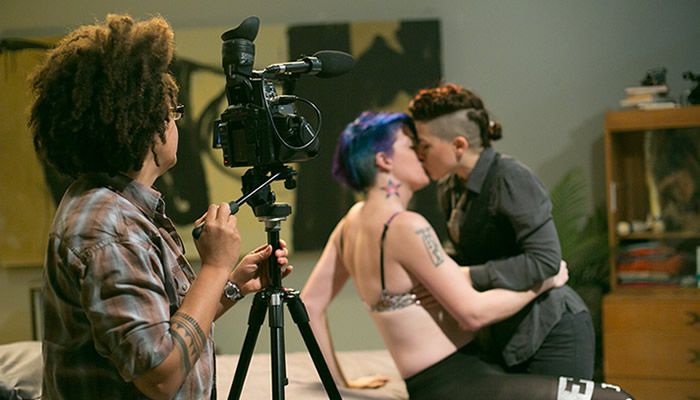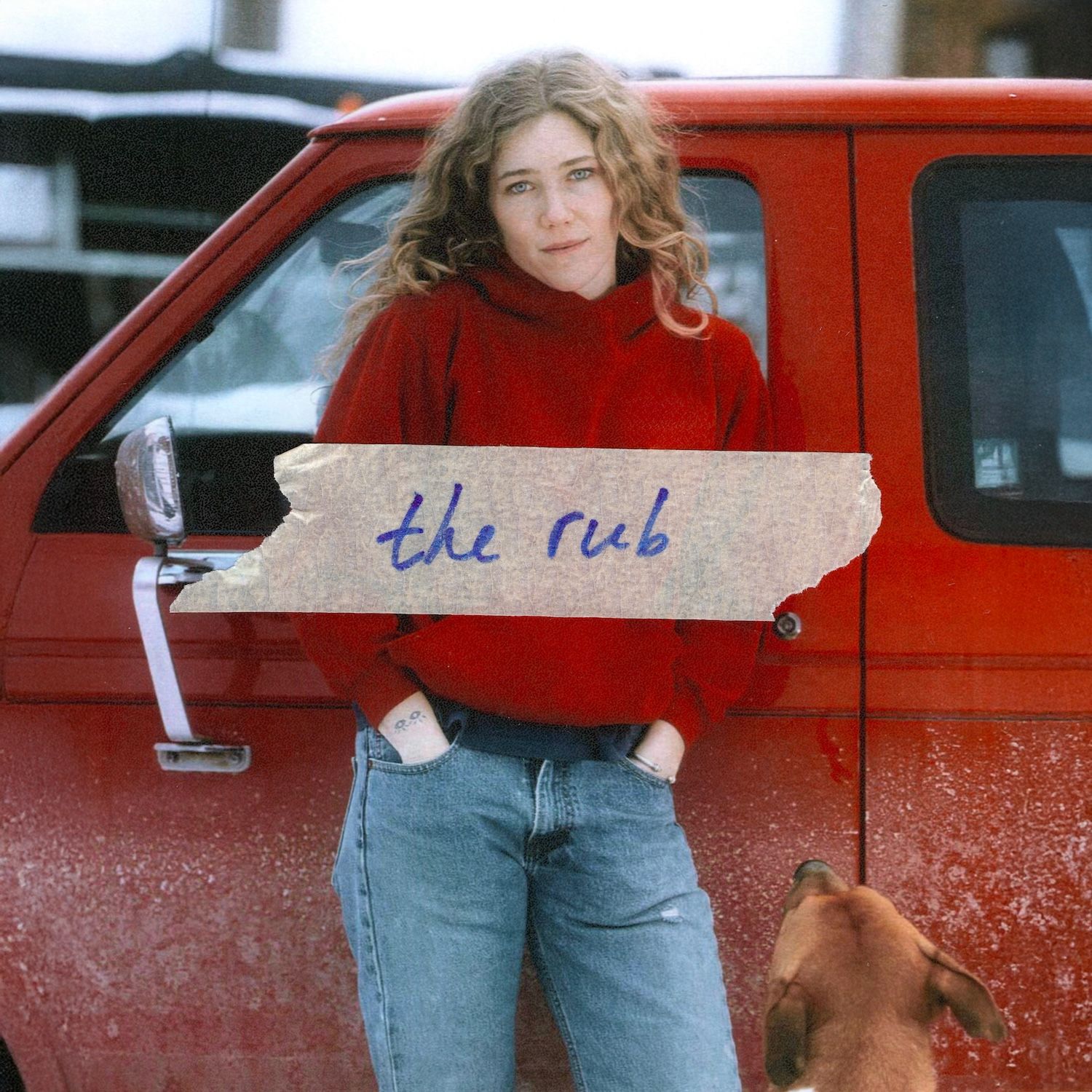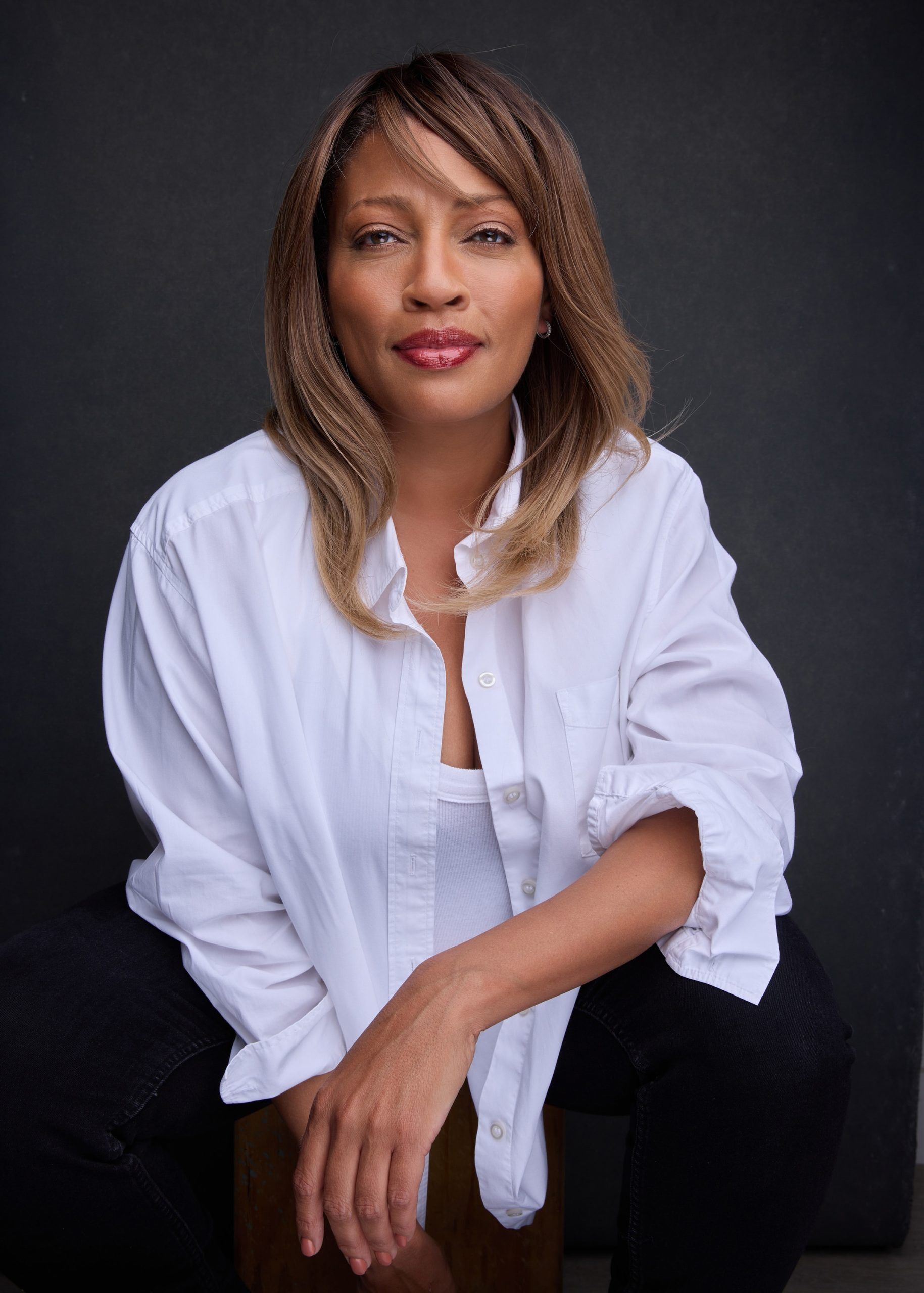
The question “Can porn be ethical?” has become increasingly relevant in recent years, especially as debates around feminism, consent, and digital responsibility have intensified. From independent creators to mainstream platforms, the adult industry is undergoing a transformation—one that invites consumers and producers alike to reflect on the ethical foundations of pornography.
What Does Ethical Porn Mean?
Ethical porn is typically defined as adult content that is created with respect for the performers’ rights, boundaries, and well-being. This means that all participants are of legal age, have given informed and enthusiastic consent, are compensated fairly, and work in safe, transparent conditions. Ethical porn also strives to move away from harmful clichés and objectification, aiming instead to depict diverse, authentic pleasure that respects gender and sexual identities.
How Is Ethical Porn Created?
In practice, ethical porn is championed by a number of independent directors and performers who seek to redefine the standards of adult entertainment. Filmmakers like Erika Lust, Tristan Taormino, and the late Candida Royalle have created spaces where performers co-create the storyline, negotiate scenes openly, and retain control over their image and boundaries.
Some mainstream platforms have attempted to improve their ethical practices. For instance, after years of public criticism, Pornhub was acquired by Ethical Capital Partners, a private equity firm that promised better compliance, transparency, and performer protection. However, skeptics point out that despite such pledges, deeply rooted issues—such as exploitative content or lax moderation—may still persist.
Philosophical and Feminist Objections
Despite these efforts, many critics argue that ethical porn may be an illusion within a capitalist and patriarchal framework. They believe that as long as the primary goal is profit, there will always be pressure to prioritize sensational or degrading content over truly consensual, inclusive expression. Some feminist voices—especially those aligned with anti-pornography perspectives like Catharine MacKinnon and Andrea Dworkin—see pornography as inherently exploitative, regardless of how it is produced.
Others take a more nuanced stance, acknowledging that while the industry can be harmful, reform is both possible and necessary. Sex-positive feminists argue that ethical porn can empower performers, promote healthy sexual norms, and offer viewers a more realistic, respectful portrayal of intimacy.
Impact on Society and Viewers
The broader impact of pornography on society, especially among young people, remains controversial. Studies have shown that mainstream porn can shape distorted expectations about sex, bodies, and relationships. When consumed without context or critical reflection, it may reinforce harmful stereotypes or desensitize viewers to violence and coercion.
A recent Channel 4 documentary exploring the life of performer Bonnie Blue reignited public concern about the normalization of violent and degrading content. Politicians and researchers alike have pointed out the need for stricter age verification and content moderation, particularly to prevent the spread of material that mimics child abuse or non-consensual acts.
Baroness Gabby Bertin, leading a UK government taskforce, has called for new legislation that would prohibit content portraying so-called “barely legal” scenarios, as well as acts that may appear consensual but are inherently degrading or harmful.
Can Ethical Porn Actually Make a Difference?
Ethical porn isn’t a magical fix for all the issues surrounding adult content, but it does represent a meaningful alternative. By prioritizing consent, representation, and performer agency, it challenges the dominant narratives that have long defined the porn industry. It also opens up space for viewers to engage with sexuality in ways that feel respectful, inclusive, and empowering.
That said, ethical porn remains a niche market. Most adult content still comes from mass platforms where profit and traffic dominate over ethics or safety. Even when platforms claim to operate ethically, critics argue that moderation failures and outdated business models can still allow abusive or exploitative material to circulate.
What Role Do Consumers Play?
While the responsibility for ethical porn lies largely with producers and platforms, consumers also have a role to play. Choosing to support independent creators, paying for content instead of relying on free streaming, and being critical of the material we consume can all contribute to a more ethical landscape.
It also means taking time to reflect on how porn affects one’s expectations, relationships, and self-image. Ethical consumption isn’t just about where you click—it’s about how you think, what you normalize, and whether your viewing habits align with your values.
So, can porn be ethical? The answer isn’t simple. On one hand, there are inspiring examples of adult content created with care, respect, and artistic intention. On the other, systemic problems—like exploitation, objectification, and commercialization—remain deeply embedded in the mainstream industry.
Ethical porn might not be perfect, but it shows that another kind of adult content is possible—one that celebrates pleasure without crossing boundaries. Whether or not it becomes the new standard depends on the choices we make, both as creators and as consumers.




